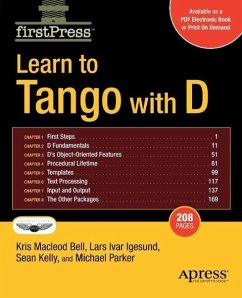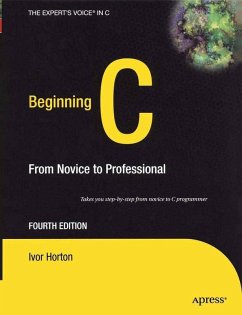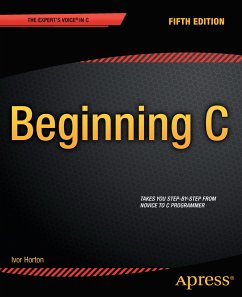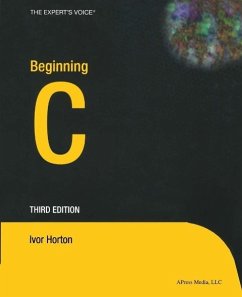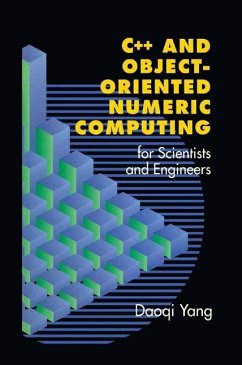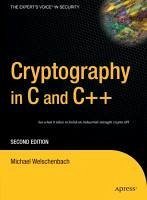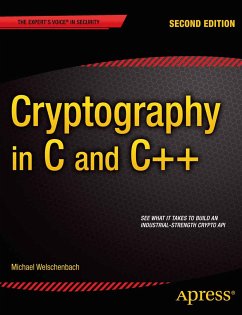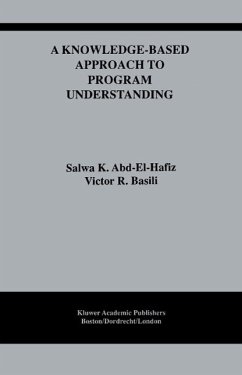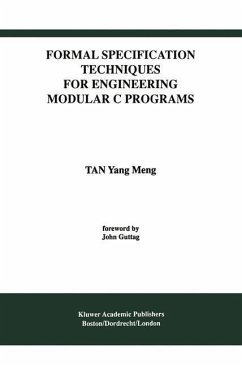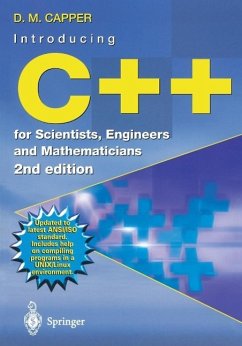
The Definitive Guide to GCC (eBook, PDF)

PAYBACK Punkte
30 °P sammeln!
The GNU Compiler Collection (GCC) offers a variety of compilers for a variety of programming languages, including C, C++, Java, Fortran, and Ada. The Definitive Guide to GCC, Second Edition, has been revised to reflect the changes made in the most recent major GCC release, version 4. Providing in-depth instruction to GCC's enormous array of features and options, and introducing crucial tools such as autoconf, gprof, and libtool, beginners and experts alike will appreciate using this book as both a guide and reference for years to come.However this book goes well beyond a general introduction, ...
The GNU Compiler Collection (GCC) offers a variety of compilers for a variety of programming languages, including C, C++, Java, Fortran, and Ada. The Definitive Guide to GCC, Second Edition, has been revised to reflect the changes made in the most recent major GCC release, version 4. Providing in-depth instruction to GCC's enormous array of features and options, and introducing crucial tools such as autoconf, gprof, and libtool, beginners and experts alike will appreciate using this book as both a guide and reference for years to come.
However this book goes well beyond a general introduction, introducing key programming techniques, such as profiling and optimization that when used in conjunction with GCC's advanced features can greatly improve application performance. Also, in order to account for the growing popularity of GCC's other language compilers, the second edition has been expanded to provide coverage for C++, Java, Fortran and Ada.
However this book goes well beyond a general introduction, introducing key programming techniques, such as profiling and optimization that when used in conjunction with GCC's advanced features can greatly improve application performance. Also, in order to account for the growing popularity of GCC's other language compilers, the second edition has been expanded to provide coverage for C++, Java, Fortran and Ada.
Dieser Download kann aus rechtlichen Gründen nur mit Rechnungsadresse in A, B, BG, CY, CZ, D, DK, EW, E, FIN, F, GR, HR, H, IRL, I, LT, L, LR, M, NL, PL, P, R, S, SLO, SK ausgeliefert werden.



